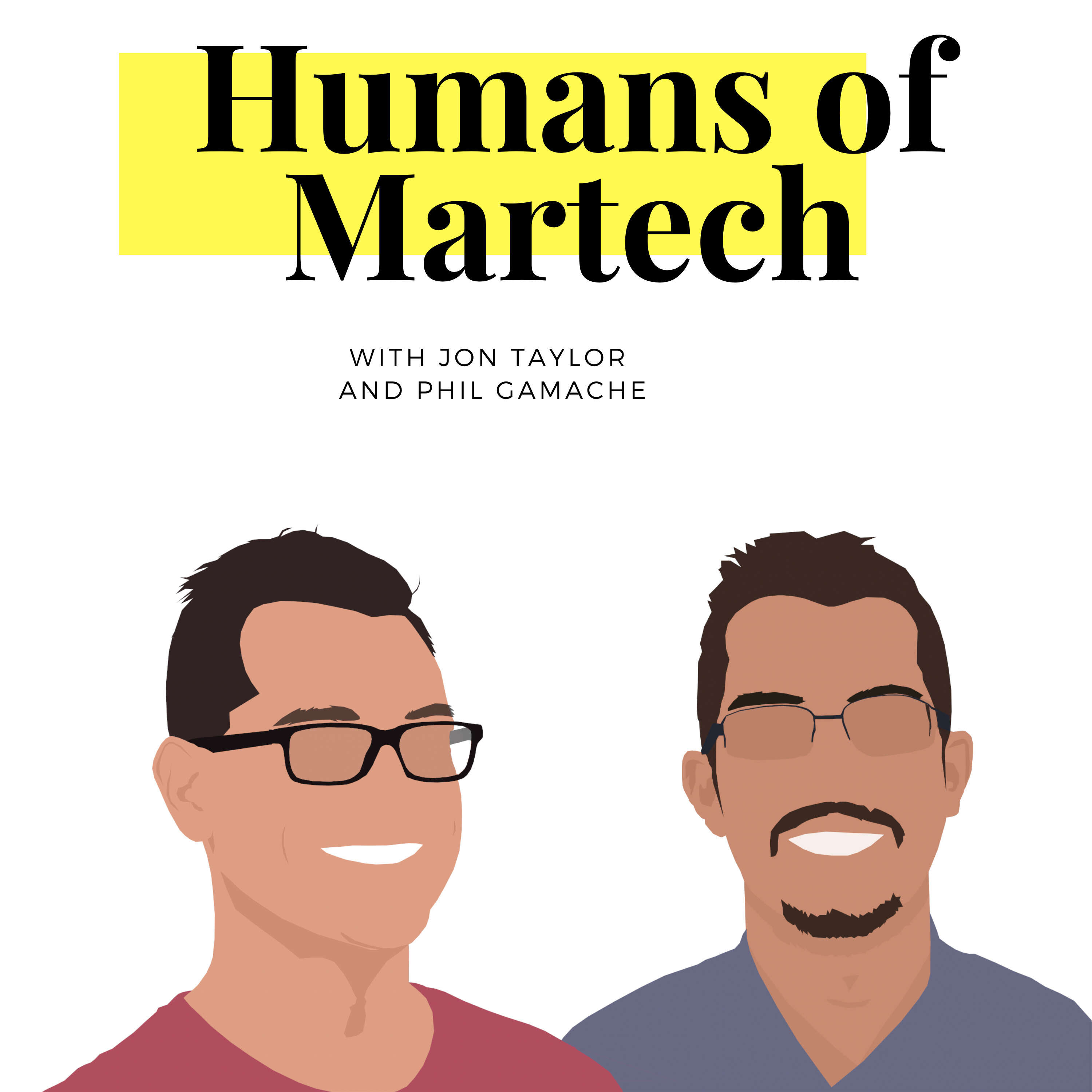79: Aliaksandra Lamachenka: The rise of data product managers and the organic evolution of AI in marketing
What’s up folks, today we’re joined by Aliaksandra Lamachenka, Marketing Technology Consultant and Nonprofit founder.Summary: Aliaksandra takes us on a journey through the evolving AI landscape in marketing, promising a future shaped by deep human expertise and broad understanding, all areas where AI is still playing catch up. The episode is ripe with insights about the rise of hybrid, business-savvy data product managers, who are subtly revolutionizing martech by marrying marketing perspectives with innovative thinking. They are unearthing overlooked insights, much like Duolingo, which leveraged data science to redefine its target metrics and boost its DAU. Amidst the din of the composable vs packaged CDPs debate, Aliaksandra brings our attention back to the basics - the crucial need for quality, traceable data. This illuminates the pivotal role of open data hubs, which could unlock the next chapter in efficient data management and utilization. Meanwhile, vendors of composable data platforms face a crossroads: will they expand to cater to growing customer needs or hold fast to their roots? Their decision could very well shape the future of martech, steering its course towards either the democratization of data or maintenance of the status quo.About Aliaksandra Born in Belarus, Aliaksandra got her start in gaming and SaaS startups in product marketing roles In 2017 she became Head of Marketing at SplitMetrics, a team of experts building the future of mobile marketing tools She then moved to the UK to lead a product marketing team at Skyscanner, the popular flight comparison site where she focused on app growth and martech In 2021, she joined Depop as Marketing Technology Lead where she owned compliance management, multi-touch attribution and much more Since then she’s partnered with various companies as a Marketing Technology and Growth advisor, including the popular female health app– Flo In April of last year, Aliaksandra co-founded Leleka Art, an online nonprofit marketplace that allows you to buy artwork made by children from Ukraine built on top of a custom money transfer system Today, she’s scaled Leleka to a team of 30+ volunteers, +5k sellers and 15k works of art helping children and their families make over 30k The Organic Evolution of AI in Marketing and Lessons from Architectural HistoryAliaksandra takes a particularly compelling approach to understanding the potential role of AI in marketing. Drawing a unique analogy from the records of Japanese architectural history, she paints a picture of how AI's integration could be less of a disruptive force, but rather an organic and gradual process.Following the Second World War, a group of young Japanese architects refused to view architecture as merely a functional tool. They envisioned buildings as living organisms, an idea that later came to be known as "Japanese metabolism." These architects designed structures with a central spine, to which they could add or subtract modular capsules as needed. At the time, their ideas were regarded as revolutionary, indicative of what the future would undoubtedly hold.Decades later, their concepts have not been realized in their envisioned form, mainly being used for storage purposes, yet they have certainly left an indelible mark. The idea of high modularity, the foundational spine with small attachable elements, is now visible in various facets of our lives. You can observe it in modular housing, landscape-integrated buildings, and even in the functionality of platforms like Pandora, Tesla, or the App Store.Aliaksandra sees AI's trajectory in a similar light. Like the revolutionary architectural concepts of the past, AI's ideas may appear bold and groundbreaking. However, their integration will likely be more gradual than anticipated, quietly shaping our futur

